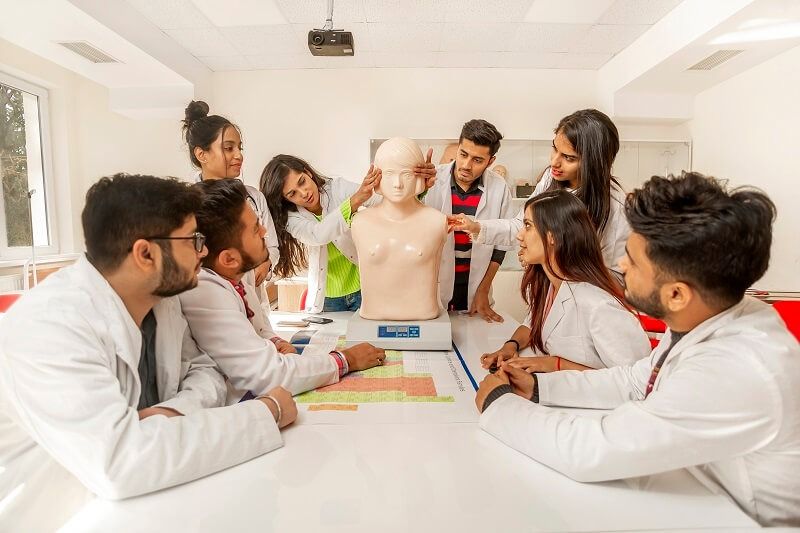Choosing to study medicine in Europe is a smart decision for students seeking high-quality education at affordable costs. With globally recognized universities, lower tuition fees, and culturally rich environments, Europe is an ideal destination for aspiring doctors. However, the application process can be complex, which is why Europe admissions counselling plays a vital role in guiding students to success. This article covers the benefits, top destinations, and how expert counselling can simplify the journey.
Benefits of Studying Medicine in Europe
Europe is home to some of the oldest and most respected medical universities in the world. Programs typically span five to six years and award degrees that are widely accepted internationally. Tuition fees are significantly lower compared to other regions—ranging from zero for EU students in countries like Germany, to €5,000–€20,000 annually for international students. Living expenses are also relatively affordable in most European cities, and the multicultural exposure boosts both personal and professional growth.
European medical courses often provide early clinical exposure, giving students practical skills from the start. Entry requirements generally include strong science grades, proof of language proficiency (e.g., IELTS), and sometimes entrance exams such as IMAT (Italy) or BMAT (UK).
Most Popular Countries to Study Medicine in Europe
- Germany: Low or no tuition fees at public universities; German language skills may be required.
- Poland: Known for modern facilities, English-taught programs, and reasonable costs for foreign students.
- Czech Republic: Offers excellent medical education with affordable tuition in cities like Prague and Brno.
These countries make it highly feasible to study medicine in Europe without compromising on quality.
How Europe Admissions Counselling Helps
Applying to medical schools across Europe can be overwhelming due to varying requirements, formats, and deadlines. Europe admissions counselling streamlines the process by offering personalized guidance. Counsellors help students shortlist the best-fit universities, prepare for entrance exams, compile essential documents like transcripts and recommendation letters, and guide them through the visa process. They ensure every application meets each institution’s criteria, saving time and reducing stress while improving acceptance chances.
Starting early is crucial, as deadlines differ from country to country. Services like Europe admissions counselling provide tailored support, making the application process smoother and more efficient.
Conclusion
If you aim to study medicine in Europe, expert guidance can make your journey far easier and more successful. Reach out to experienced professionals like Futures Abroad for clear, customized advice that maximizes your chances of admission.
FAQs
What do I need to study medicine in Europe?
A strong high school diploma with good grades in science, language proficiency, and sometimes an entrance exam.
What does it cost to study medicine in Europe?
From free in some countries to €20,000 per year; living costs typically range between €5,000–€15,000 annually.
What does Europe admissions counselling do?
It helps with university selection, application preparation, exam readiness, and visa processing.
Are European medical degrees recognized worldwide?
Yes, but you may need to pass local licensing exams depending on your country.
Can I study medicine in English in Europe?
Yes. Many universities in Italy, Poland, Hungary, and other countries offer English-taught medical programs.
